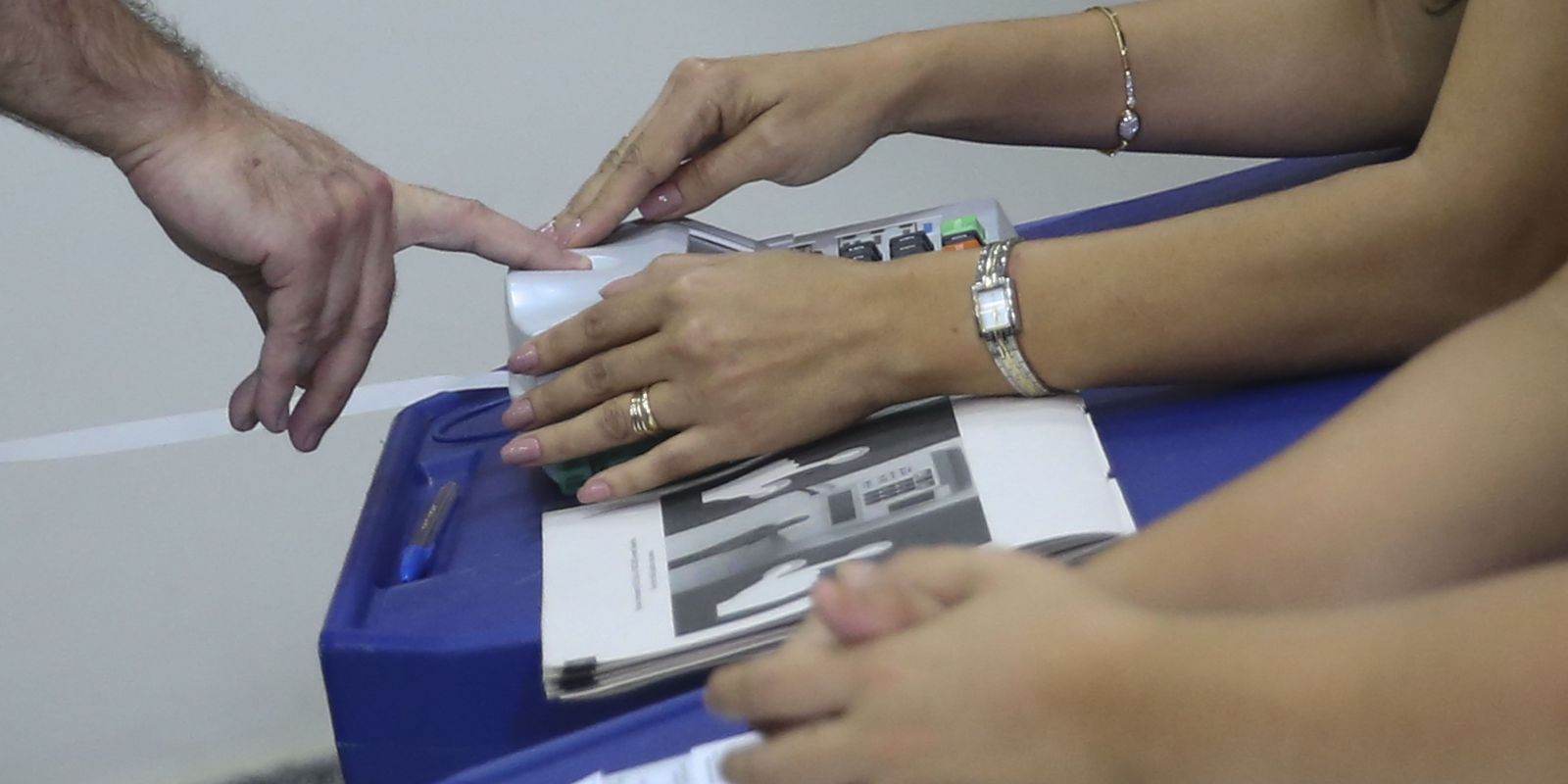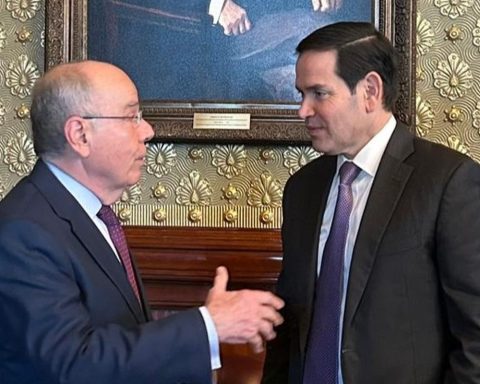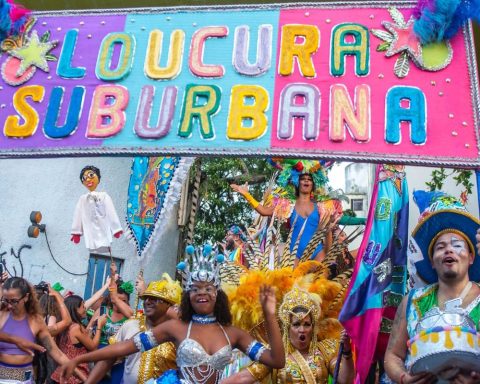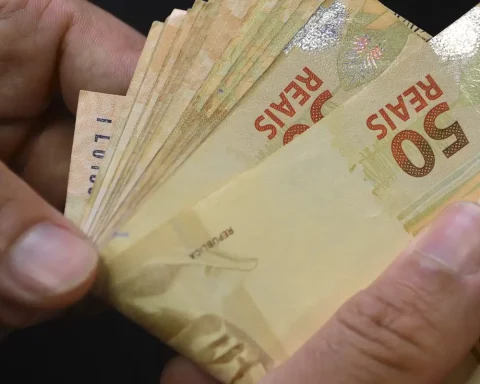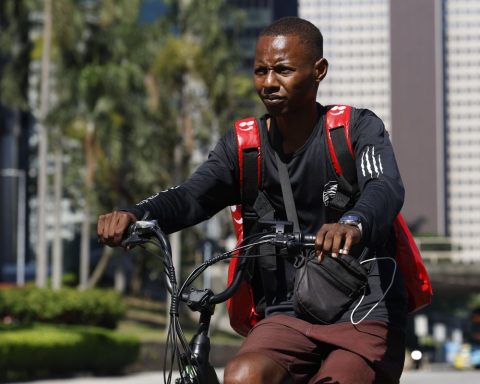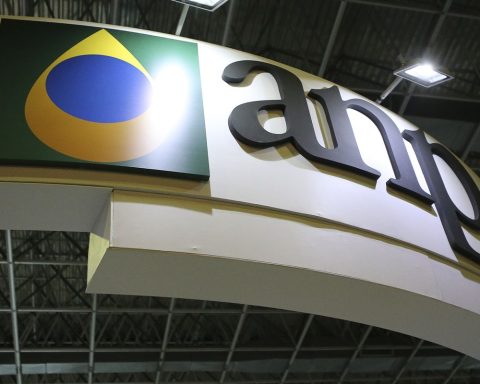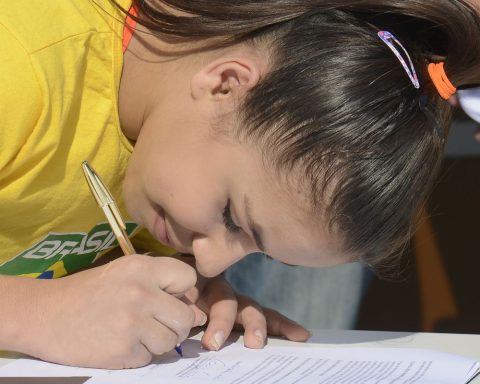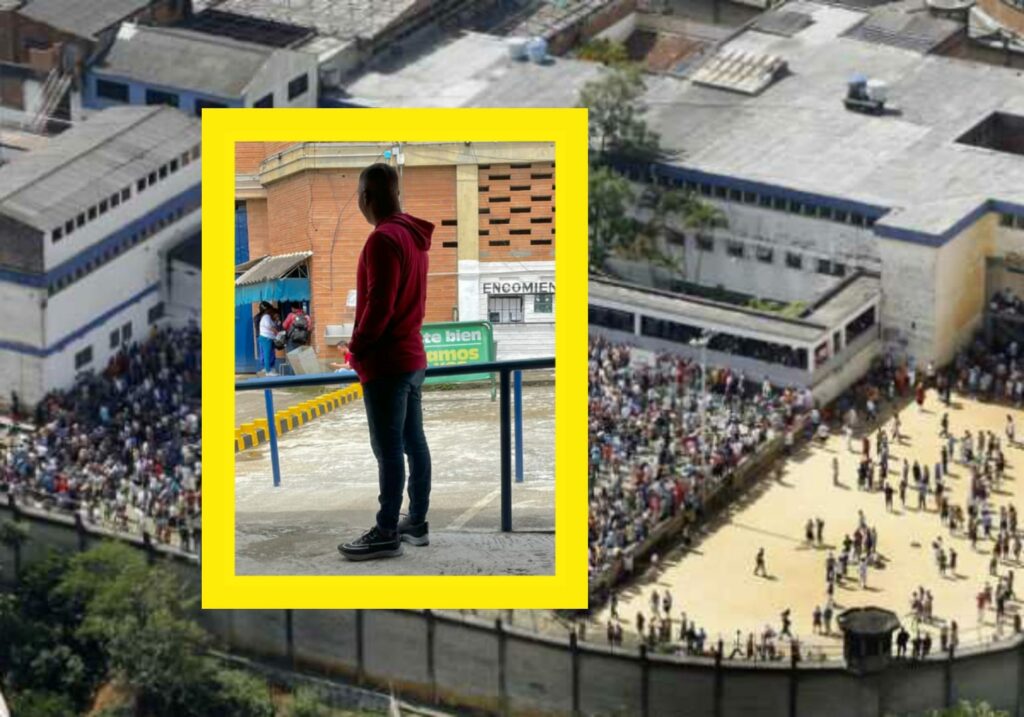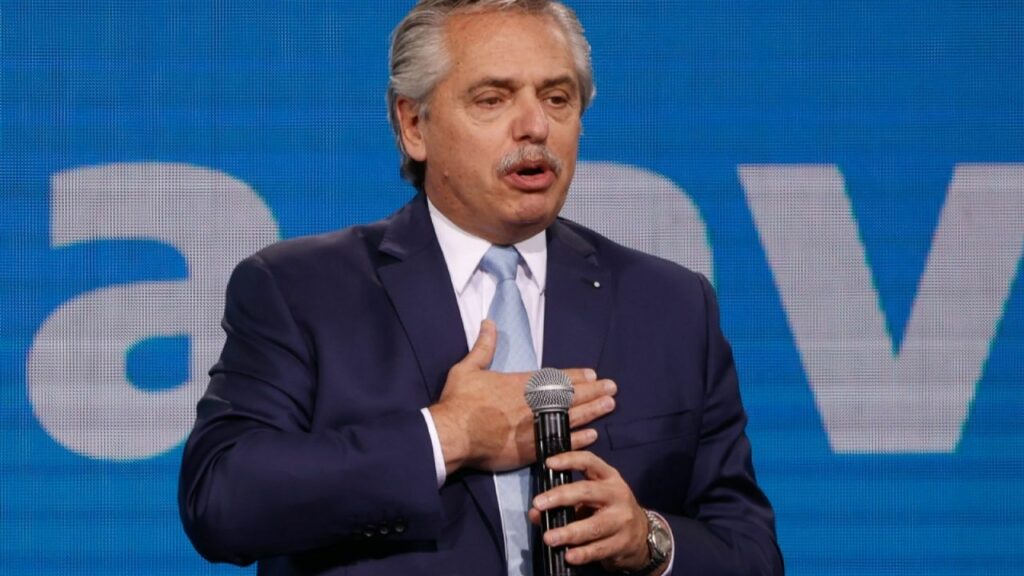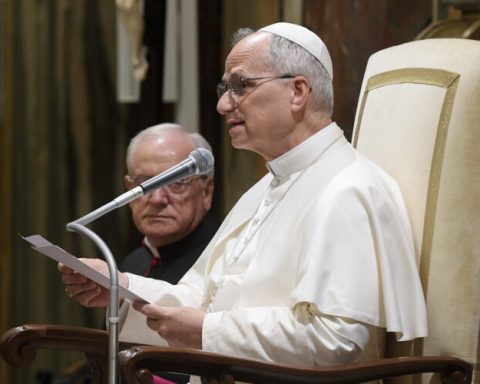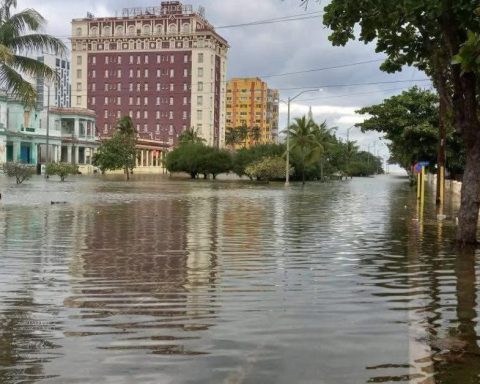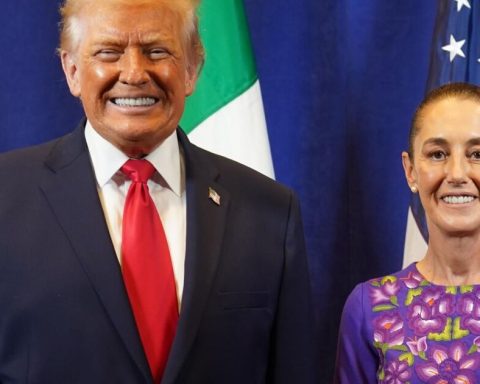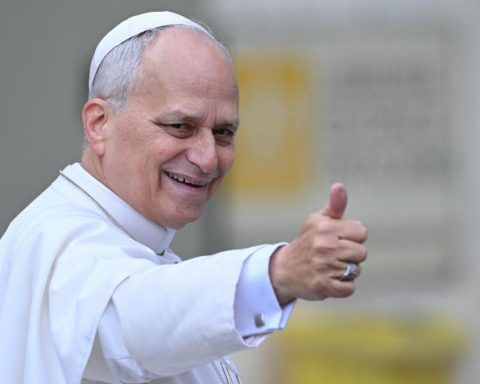Voters with disabilities or reduced mobility will be able to vote for the accessible section that best meets their needs, such as access to a ramp or elevator.
According to the Superior Electoral Court (TSE), at the time of voting, even if no request has been made in advance, citizens can inform the polling station about their limitations, so that adequate solutions are provided. Voters with disabilities can also count on the help of a person they trust to access the section.
A resolution by the Electoral Court provides for logistical support to verify accessibility conditions, support that, informally, is known as “accessibility coordinator.” Each Regional Electoral Court has the autonomy to decide how it will handle its logistics.
In this year’s elections, all electronic voting machines will be translated into Brazilian Sign Language (Libras). In addition, a video made by a Libras interpreter will be shown in all 577,125 electronic voting machines prepared for the election. In the footage, shown on the device’s screen, the translator will indicate to voters which position is in dispute in the vote.
For people with visual impairments, in addition to the Braille system and the identification of the 5 key on the device’s keyboards, headphones are also available at polling stations so that blind voters or those with low vision receive sound signals indicating the number chosen and the return of the candidate’s or candidate’s name in synthesized voice.
Voice synthesis, a feature aimed at voters with visual impairments, has been improved for this year’s elections. In addition to improvements in general audio quality, the names of substitutes and vices will now be spoken. And, for greater fidelity in speaking the names of competitors, it will now also be possible to register a phonetic name.
Diversity
Indigenous peoples are also guaranteed, by the Federal Constitution, their participation in the electoral process. To guarantee this right, the TSE created the Commission for the Promotion of Indigenous Participation in the Electoral Process.
According to the TSE, “it is a fundamental right of the indigenous person to have their social organization, customs and languages, beliefs and traditions taken into account in the provision of electoral services”.
In February, the court created the Court’s Inclusion and Diversity Nucleus. The group’s function is to strengthen the Court’s work on issues related to increasing political participation by different audiences, with a focus on women, blacks, the LGBTQIA+ population and indigenous peoples.
women in politics
The participation of women in politics is another work front of the TSE. Following the Court’s initiative, the National Congress established a minimum quota of 30% of the candidacies destined for women in the Electoral Fund. The same percentage must be considered in relation to the time allocated to free electoral propaganda on radio and TV.
In order to establish a more balanced dispute in the elections, the court periodically carries out campaigns on social networks and on radio and TV stations throughout Brazil to address the issue. In July, the national campaign More Women in Politics 2022 was launchedconsisting of video, spot and cards broadcast on television and radio stations and on social networks.
After the Court’s decision, resources destined for programs to promote women’s participation in politics, not used in the election, must be used in the same way in subsequent elections.
